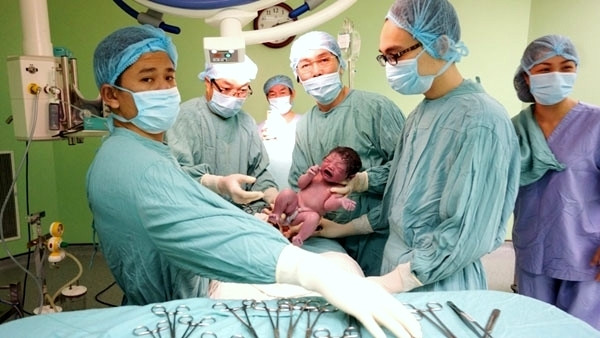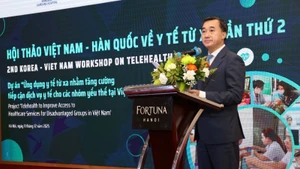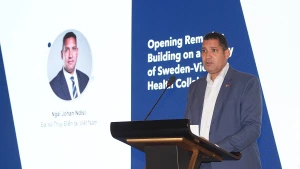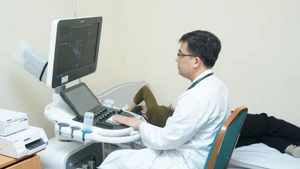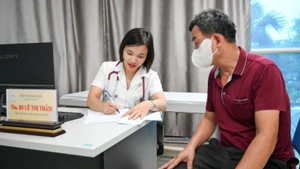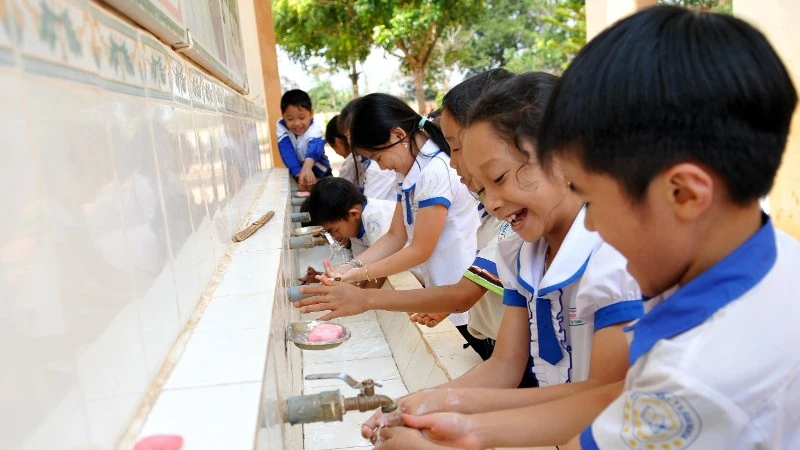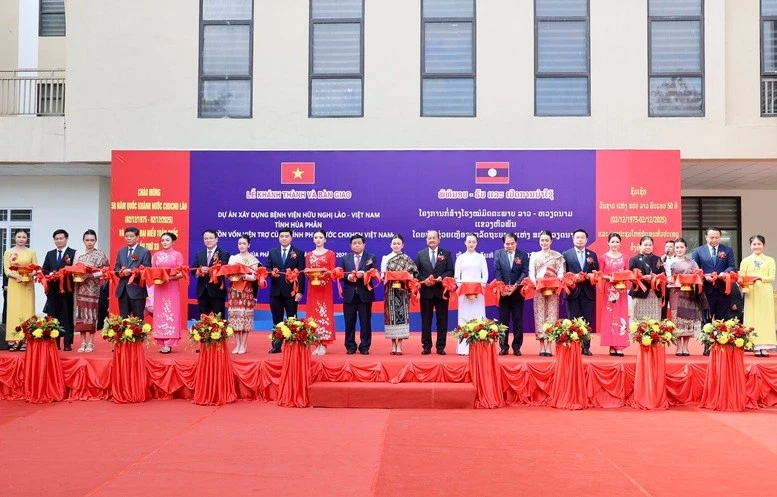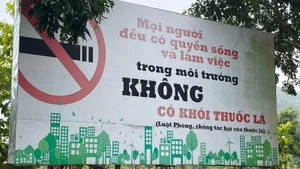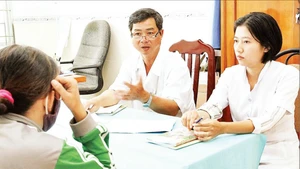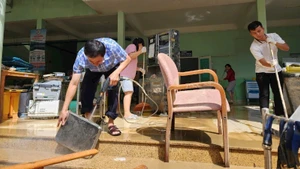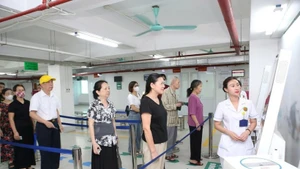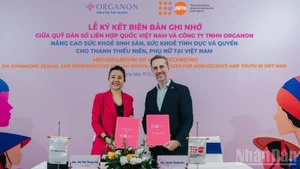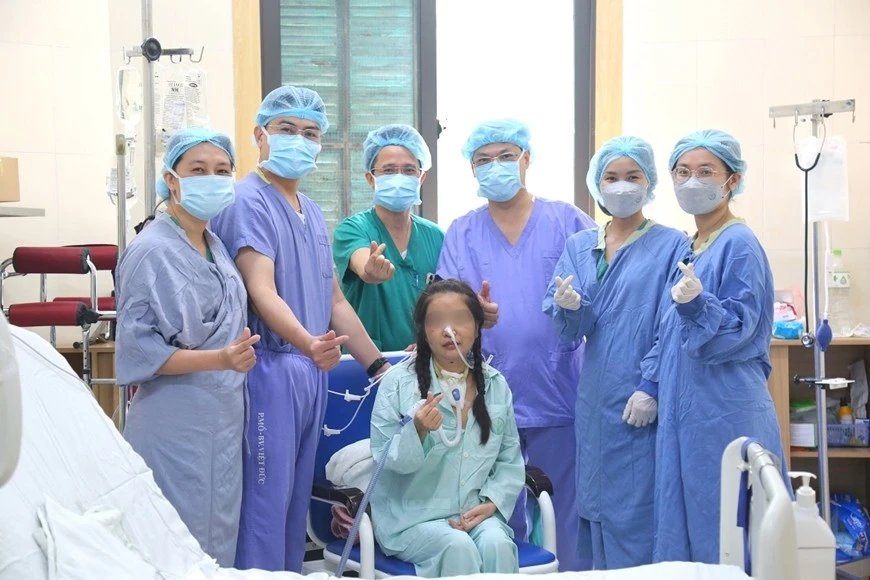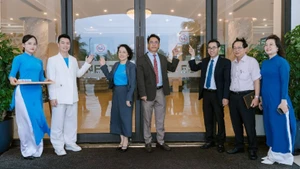>>> Vietnam welcomes first baby born through surrogacy
According to Director of Hue Central Hospital Prof. Dr. Bui Duc Phu, this is among the first three surrogacies at the hospital, out of a total of more than ten cases received.
The 3.5 kg baby girl was born to biological parents residing in Tu Ha ward, Huong Tra town, Thua Thien-Hue province, marking the successful deployment of in-vitro fertilisation and surrogacy at Hue Central Hospital. The couple was married in 2008 and the wife could not get pregnant as she had a hysterectomy due to large uterine fibroids and severe complications.
In-vitro fertilisation was introduced at the hospital in November 2007, and so far nearly 1,000 babies have been born thanks to the procedure.
According to Professor Phu, Hue Central Hospital is among three hospitals across the country assigned by the Ministry of Health to facilitate surrogacy, in addition to the Hanoi-based National Hospital of Obstetrics and Gynaecology and the Ho Chi Minh City-based Tu Du Hospital.
Surrogacy can only be done through in-vitro fertilisation. Ovule from the biological mother are fertilised with the husband’s sperm to create an embryo. The embryo can then be transferred immediately to the surrogate mother's uterus or frozen and implanted into the surrogate's uterus at the proper time.
Most cases of infertility can be resolved through assisted reproduction procedures, especially in-vitro fertilisation and related methods. Only some couples under particular circumstances require a surrogate.
Previously, surrogacy was completely banned in the country under governmental Decree No. 12/2003/NĐ-CP. But as of 2015, the amended Marriage and Family Law in 2014 allows surrogacy in Vietnam, opening up more opportunities and hope for infertile couples.
The use of a surrogate is allowed in three instances: The wife has no uterus, due to birth defects, or has had a hysterectomy due to uterine diseases or obstetric complications, or the wife has a uterus but with severe uterine malformations or serious illness making it impossible to have children; the wife would have life threatening complications during pregnancy; and repeated miscarriages or failed in-vitro fertilisation due to causes related to the uterus or endometrium.
The amended Marriage and Family Law only allows use of a surrogate for humanitarian purposes. “Surrogacy for humanitarian purposes" is interpreted to mean that a woman is in a voluntary, not-for-trade situation, and carries and gives birth to the child of a couple, in which the wife cannot become pregnant even with assisted reproduction procedures. The baby is given to the biological parents and is the child of the couple from the moment the child is born.
Decree No. 12/2003 also sets strict rules for surrogacy for humanitarian purposes, and specifies the conditions of the biological couple and the surrogate mother. The surrogate mother must be related to the wife or the husband requesting a surrogate, and must meet strict physical and psychological requirements as well as fitting in the legal framework.
To successfully implement surrogacy, the hospital has closely referred to the terms of the Government's Decree No. 12 and instructions of the Health Ministry on in-vitro fertilisation and surrogacy, said Professor Phu. Its expertise council was established to offer mental and healthcare advice to couples requesting surrogate procedure and to surrogate mother, as well as co-ordinating with the legal centres for legal advice and better in-vitro fertilisation implementation.
The first surrogate baby in Vietnam was born on January 22, 2016 at the National Hospital of Obstetrics and Gynaecology in Hanoi.
